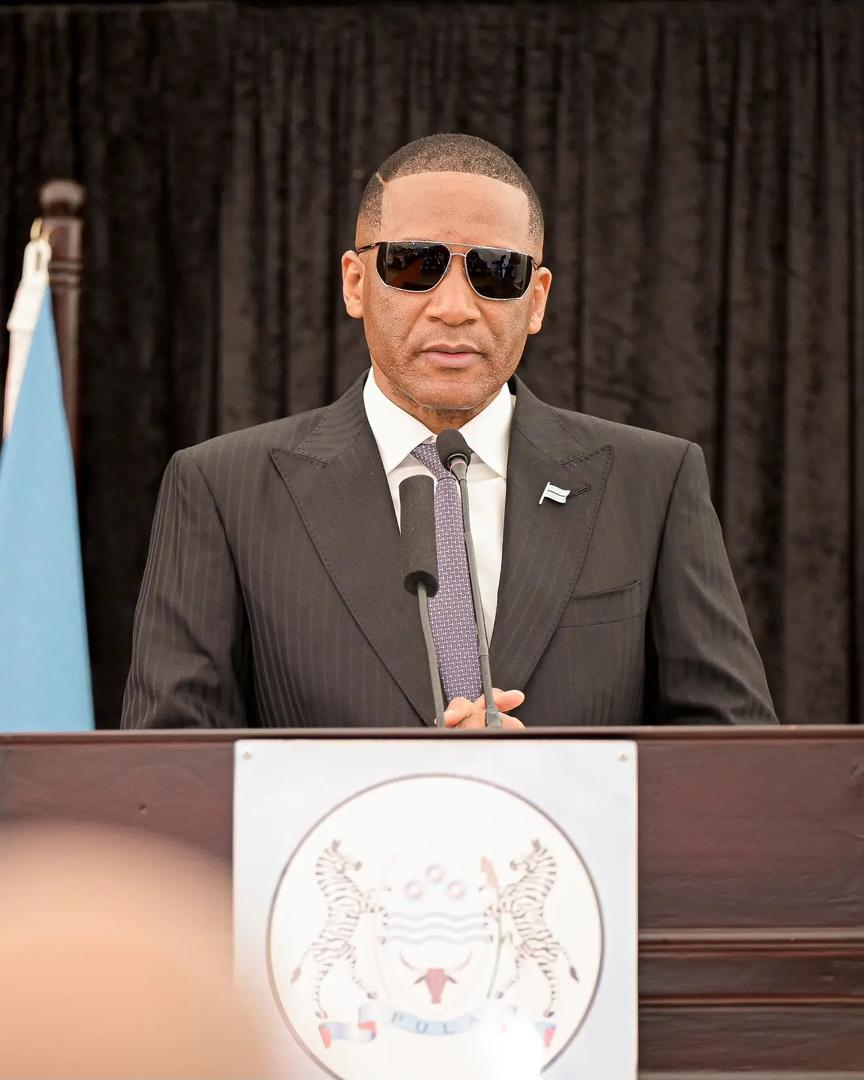Beyond the immediate fight against corruption, Botswana is engaged in a profound effort to modernise its judicial framework and deepen participatory democracy. This ambitious justice sector reform is driven by the realisation that a robust rule of law is the ultimate guarantor of both political stability and investor confidence. This commitment is manifest in several key, structural initiatives designed for precision, speed, and inclusivity.
The most monumental of these changes is the process to establish a dedicated Constitutional Court. The necessary Constitutional Amendment Bill has been gazetted, marking a definitive commitment to judicial efficiency and the protection of fundamental constitutional rights. This move recognises that specialised courts are essential for handling complex legal disputes efficiently, ensuring the swift administration of justice. Because this Bill proposes amendments to entrenched constitutional provisions, it is subject to a national referendum, with public consultations beginning in 2026. This process itself underscores the value placed on citizen involvement in shaping the nation’s legal spine.
Complementary reforms are simultaneously targeting structural inefficiencies within the existing court system. Recognising the debilitating effect of case backlogs, a dedicated Criminal Court Division is being introduced. This specialisation is designed to accelerate trials, improve consistency, and increase fairness across the judicial process, ensuring that the wheels of justice turn quickly for all citizens. To ensure justice is not merely a theoretical right but a practical reality, the scope of Legal Aid Botswana is being dramatically expanded through its 2025-2030 Strategic Plan. This expansion focuses specifically on reaching rural and historically marginalised communities, building on the successful 2024/25 pilot of the Criminal Legal Aid Services to guarantee broader access for those who cannot afford representation.
Furthermore, the government is taking decisive steps to secure Botswana’s transition into a modern, digital economy. The landmark Cybersecurity Act, enacted in July 2025, establishes a comprehensive national cybersecurity framework and creates the National Cybersecurity Commission. This legislative action is vital, as it fortifies the protection of Critical National Information Infrastructure, thereby enhancing investor confidence in Botswana’s digital environment and shielding the country from evolving global threats.
Finally, governance is being deepened through initiatives that promote broad citizen participation and cultural recognition. The entire NDP12 planning process was preceded by extensive consultations, including the Mmualebe Listening Tour, which created a new culture of truly listening governance. This inclusivity is reinforced by the introduction of mother-tongue programming on Botswana Television and Radio Botswana. Initially launched in languages such as SheKgalagari, Ikalanga, Shiyeyi, and Naro, this ensures that citizens across the linguistic spectrum can access essential public information, transforming government communication into a genuine national conversation. Collectively, these reforms signal a nation building trust and the rule of law not only into its institutions but also into the daily fabric of citizen life.



